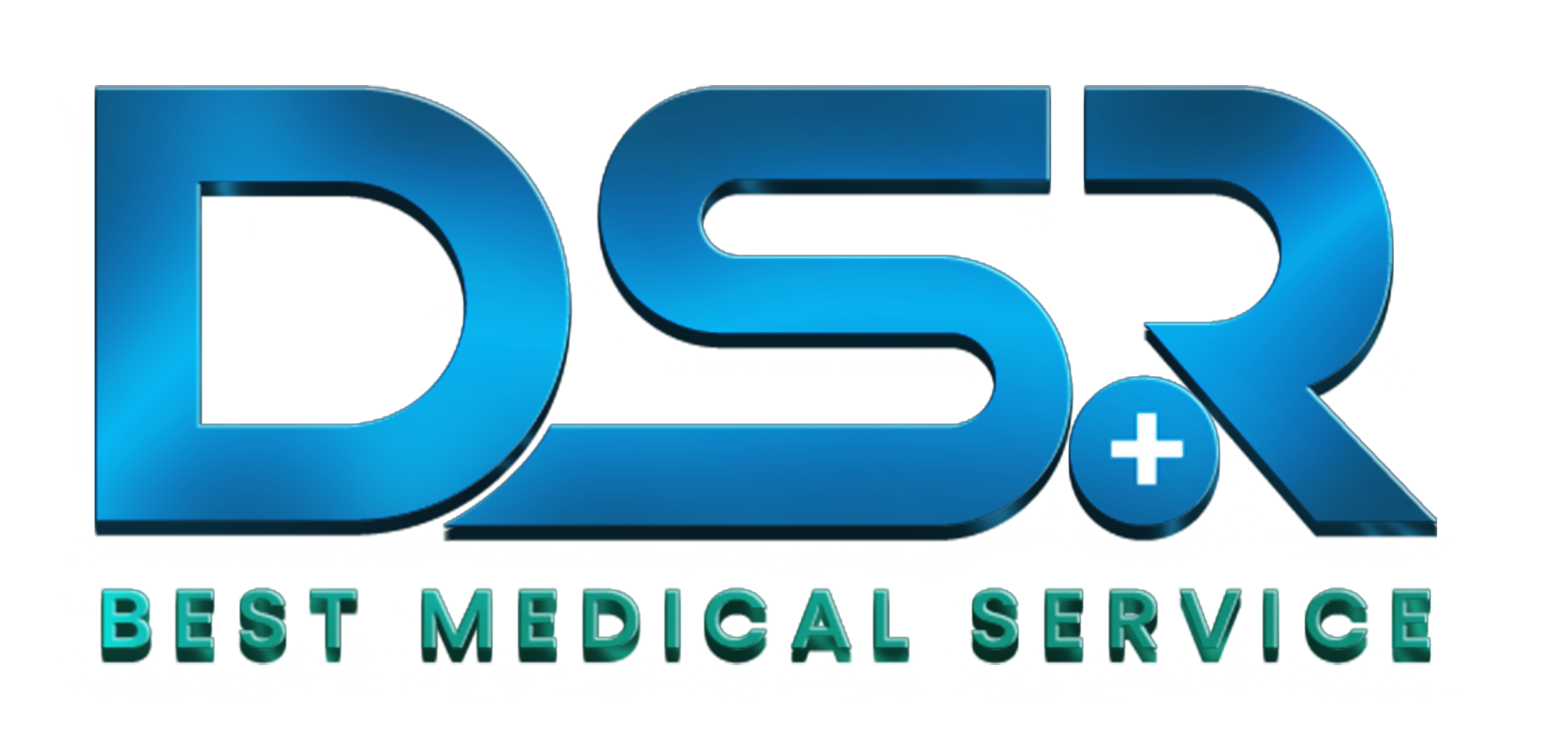Breaking Bad News
The SPIKES protocol for breaking bad news
Four objectives:
- Gathering information from the patient
- Transmitting the medical information
- Providing support to the patient
- Eliciting a patient’s collaboration in developing a strategy or treatment for the future.
Six Steps of SPIKES:
- S – Setting
- Arrange for some privacy
- Involve significant others
- Sit down
- Make connections and establish rapport with the patient
- Manage time constraints and interruptions.
- P – Perception of condition/seriousness
- Determine what the patient knows about the medical condition or what he suspects.
- Listen to the patient’s level of comprehension
- Accept denial but do not confront it at this stage.
- I – Invitation from the patient to give information
- Ask patient if s/he wishes to know the details of the medical condition and/or treatment
- Accept patient’s right not to know
- Offer to answer questions later if s/he wishes.
- K – Knowledge: giving medical facts
- Use language intelligible to patient
- Consider educational level, socio-cultural background, current emotional state
- Give information in small chunks (= piece)
- Check whether the patient understood what you said
- Respond to the patient’s reactions as they occur
- Give any positive aspects first e.g.: Cancer has not spread to lymph nodes, highly responsive to therapy, treatment available locally etc.
- Give facts accurately about treatment options, prognosis, costs etc.
- E – Explore emotions and sympathize
- Prepare to give an empathetic response:
- Identify emotion expressed by the patient (sadness, silence, shock etc.)
- Identify cause/source of emotion
- Give the patient time to express his or her feelings, then respond in a way that demonstrates you have recognized connection between 1 and 2.
- S – Strategy and summary
- Close the interview
- Ask whether they want to clarify something else
- Offer agenda for the next meeting eg: I will speak to you again when we have the opinion of cancer specialist.
